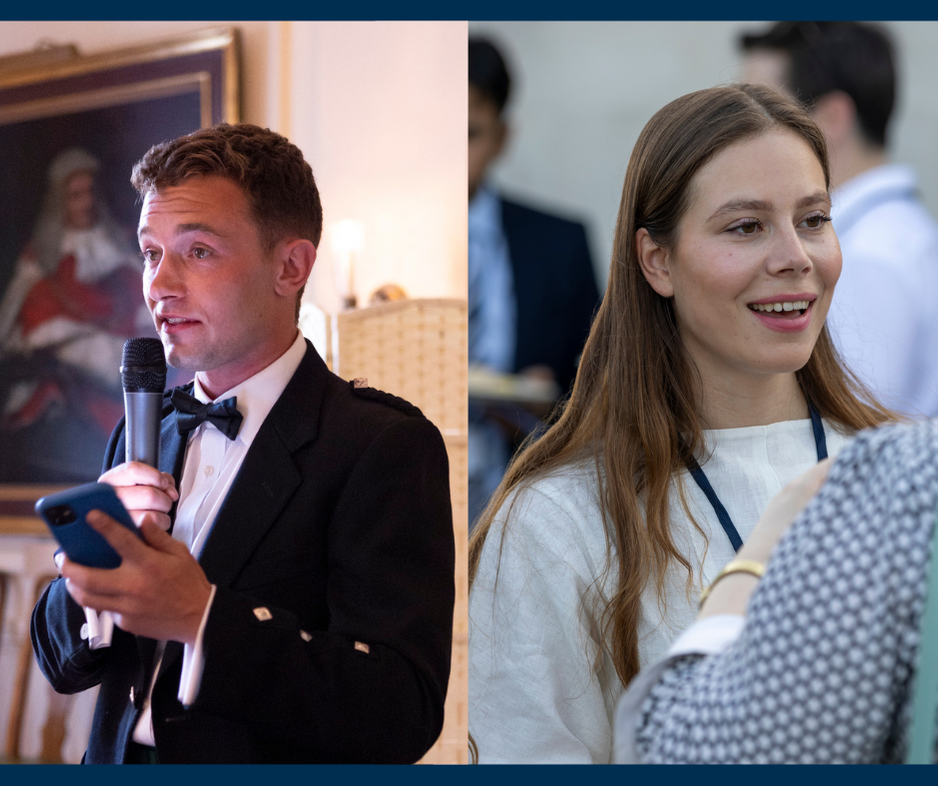
For the 59th edition of the Anglo-Dutch Exchange programme, this summer it was the turn of our Young Barristers’ Committee to host the Young Bars of Amsterdam, Rotterdam and The Hague.
Listening to the Uber trial at the Supreme Court, lunch with a judge on Circuit in Bristol, seminars from solicitors and playing a game of cricket made up part of this year’s packed itinerary.
Sharing their thoughts on the exchange, Chair of the Young Barristers’ Committee Lachlan Stewart and Louise van de Pol, who practises in Amsterdam, explain why you should sign up for next year.
What were your highlights from this year’s ADE?
Lachlan: My highlight was taking the delegation on Circuit and this year we took them to Bristol. We first went to the Crown Court to observe some trials and one of the Dutch delegation asked me before we went in to court, ‘hang on, do you actually wear the wigs?’. It would be fair to say they were somewhat in awe when they walked into a High Court case with the main eyewitness being cross examined.
The day in Bristol was capped off with a game of cricket and a BBQ. I left feeling we had shown the delegation the best of British summer.
Louise: The highlights for me included visiting the Supreme Court, and then the Bristol Crown Court where we had the unique opportunity to observe jury trials and a sentencing, followed by lunch with His Honour Judge Peter Blair KC.
Being able to ask him questions and gain insight into the judicial process was incredibly valuable.
Why did you want to take part in the Anglo-Dutch Exchange?
Louise: With prior legal experience in jurisdictions such as the United States and Australia, I saw the Anglo-Dutch Exchange as a valuable opportunity to deepen my understanding of the legal systems in England and Wales.
My firm has a London office, which I have previously visited, and this exchange offered insight into the legal system in which my colleagues practice.
What were some interesting differences you noticed between the Dutch and the English and Welsh legal systems?
Lachlan: Prior to the exchange I did know that the Dutch system is inquisitorial and so naturally it will differ from ours in many regards. Their criminal and family systems feel more collaborative and focused on prevention and restoration. I feel this is something that England and Wales could learn from.
Louise: The most obvious difference is, of course, the formal courtroom traditions, such as the wearing of wigs and the presence of a jury. What stood out to me in connection with this was the strong level of public trust in the jury system in the UK.
Has this exchange made you want to develop more international practice?
Louise: Absolutely. This exchange reminded me just how inspiring it is to collaborate with people from around the world. While you notice cultural and professional differences, what stands out even more are the shared values and common ground.
What advice do you have for future delegates to get the most out of the ADE?
Lachlan: From a more social point of view, I would say throw yourself into it! It is a unique opportunity to spend a good amount of time with people from another culture who do the same job as you do. Ask questions and be curious.
Louise: My advice is to talk to everyone and take every opportunity to connect with and learn from your peers, as these conversations can be both valuable and entertaining.
At the same time, remember there is a lot to absorb during the exchange, so make sure to take moments to reflect and process what you’re experiencing and learning.